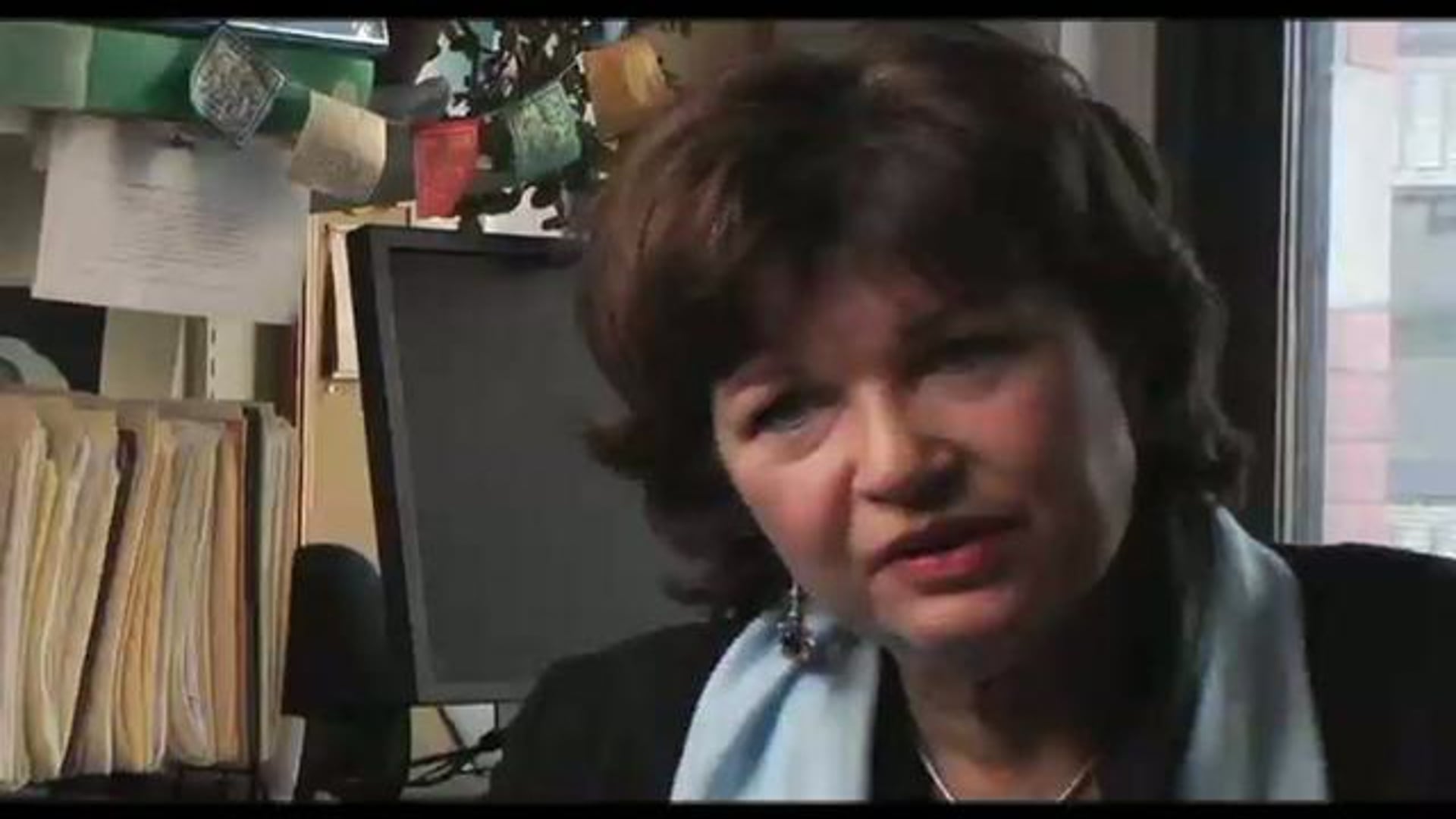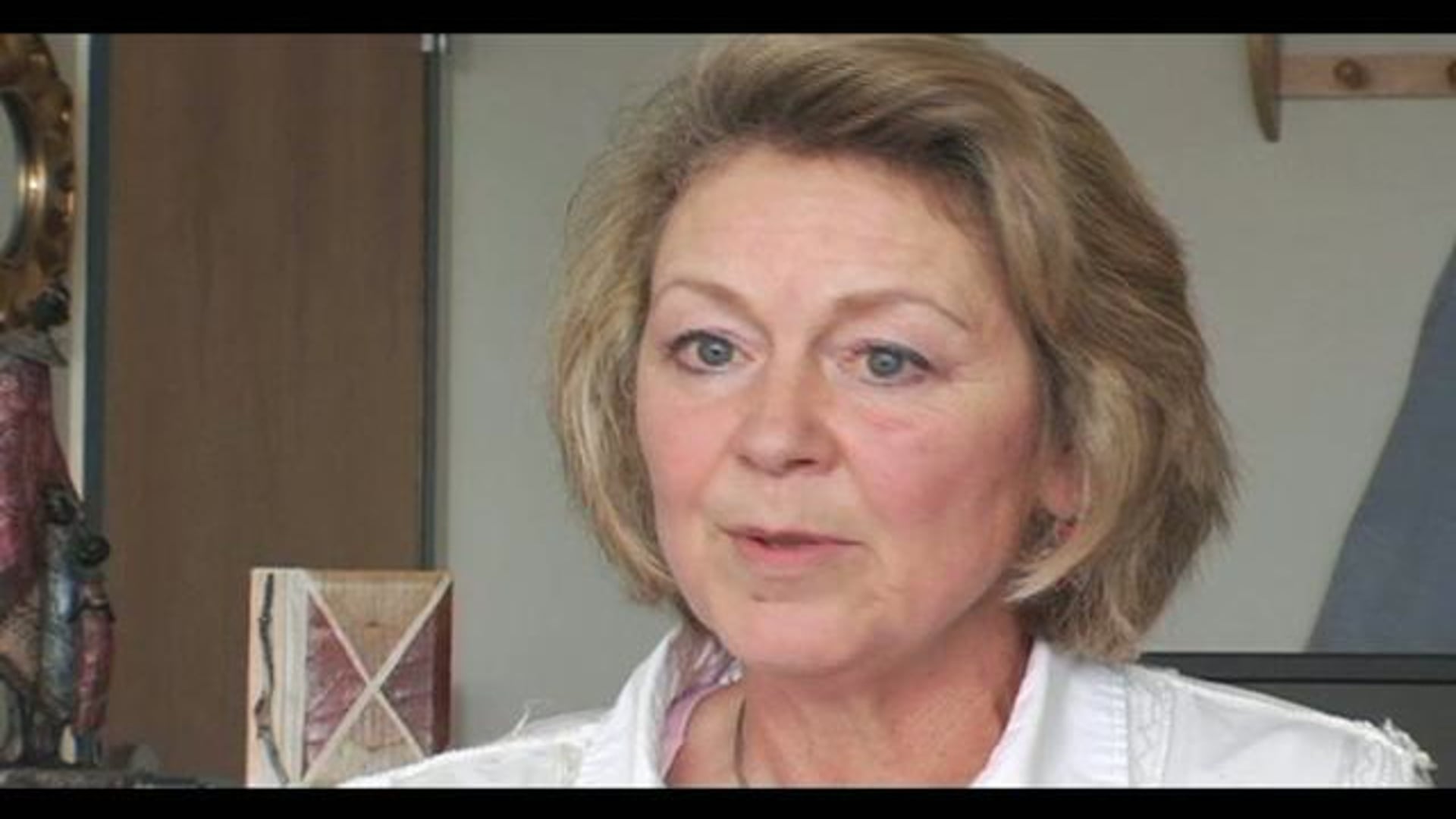Domestic Violence Movement
Resources — there are lots of things that are parts of peoples’ different peoples cultures that could be helpful in ending violence. So, we want to support the mobilization of those resources. And get the conversations going, get it — you know it’s so silenced in so many places for many different reasons and different communities around New York. So to open that conversation up, to make spaces for that, to support it, but only in the role of, not in a role of coming in, and saying this is what you should do, but in the role of I call it the midwifery model, you know where you’re supporting people to come to their own conclusions, and their own solutions. You’re giving some expertise, but you’re not saying you should call the police, or you should go to shelter. Because many women are not going to leave for many different reasons, families want to stay together for different reasons, and we’re trying to get to find alternative ways of helping people to, you know, eliminate the violence from their lives and from the community because it’s very connected to the other violence in the community. Over the years the domestic violence movement has gotten more and more complex and understood how complex. It’s not just an individual problem of a family or pathology. It’s a community problem, it’s a social problem, so we’re trying to find the balance of dealing with looking at both as a personal family issue and as a social community issue.
Mandatory Arrest
Mandatory arrest is very controversial. We got that in New York City in, I believe 1994-5.. I think 94, and that’s actually how we developed our legal advocacy program because in the wake of that what happened was we were seeing many, many, many more women being arrested so there were women being arrested, retributive arrests, women, men getting orders of protection against women. That’s a major change. That never used to happen. Men wouldn’t get an order of protection. Now they’ll get an order of protection if it’s going to manipulate the situation. Dual arrest, which causes children to be taken away. If both people are taken down to the police station, where’s the child going to go? ACS is called, the child goes into care possibly so very disruptive. And as you know it lands on communities of color. I mean who gets arrested? You’re not seeing, you know white guys, well some white guy, but who gets arrested? In New York City it’s Black and Latino men. So, you know when you have a system that’s unequal and discriminatory, that’s going to be reproduced, and the people that are on the bottom are going to get the brunt of new policies. And that’s what’s happened.
Batterer Intervention
We need multiple modes of batterers intervention, there are different kinds. Just like we started off thinking there’s one victim of domestic violence, and now we know there many kinds of victims and survivors, and there are many different ways that people experience intimate partner abuse in their life. And that’s the same obviously with batterers. Batterers — there are many kinds of people doing that. And there are many different modalities that we need to develop and a lot more support for people who are abusive. Not support in the sense of not holding them accountable but ways in which to hold people accountable on a long term basis and support them in transforming their behavior. So you go to 52 weeks of batterers intervention, then what? Because what they teach you in batterers intervention is really actually oppositional to cultural standards of being — norms of masculinity. It’s really you go back out on the street and people are going, “well what do you let your woman do that for?” and you know it’s really counter cultural. So, how do we support men who discover these things and then they go back out into the world and there’s no support for what they are doing? And they are odd balls, they are weird for wanting to have some kind of respect for women.



